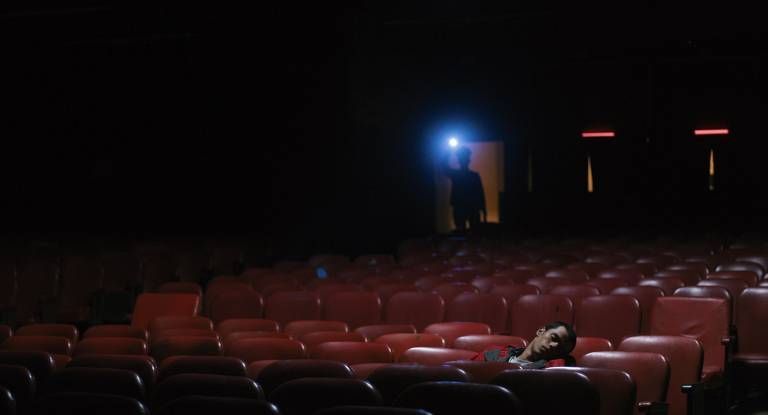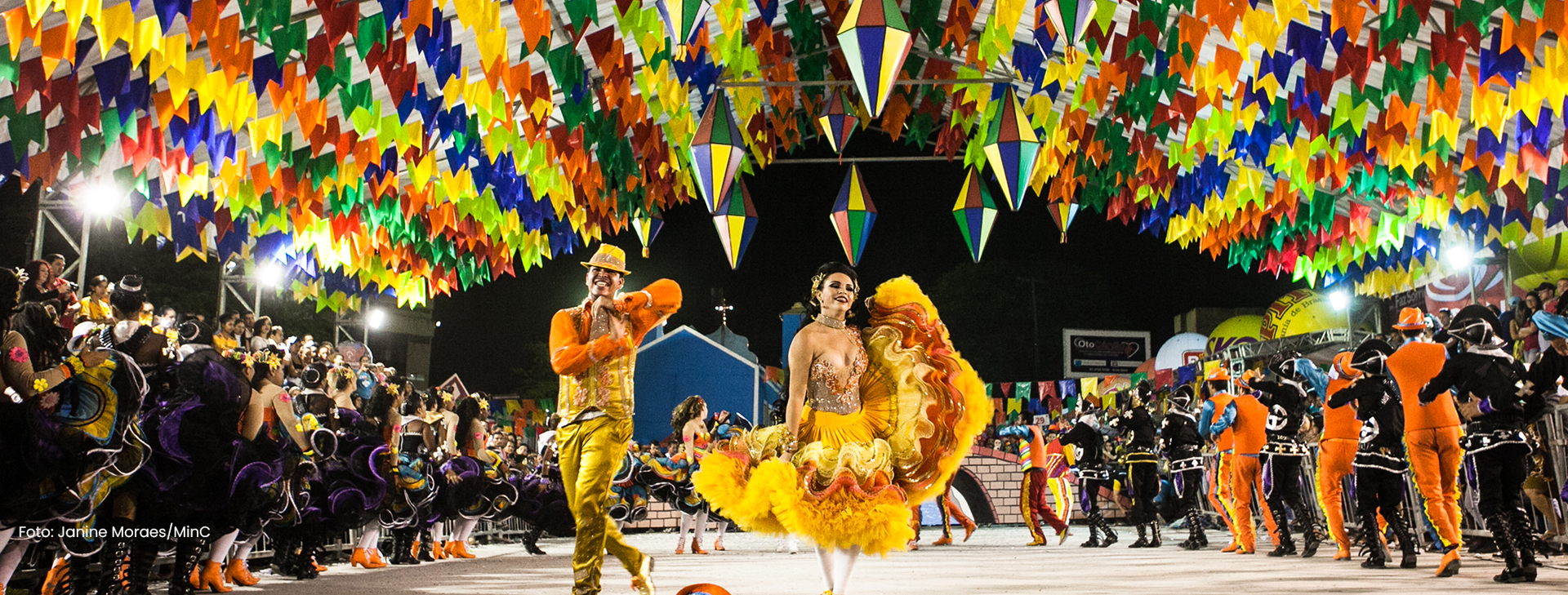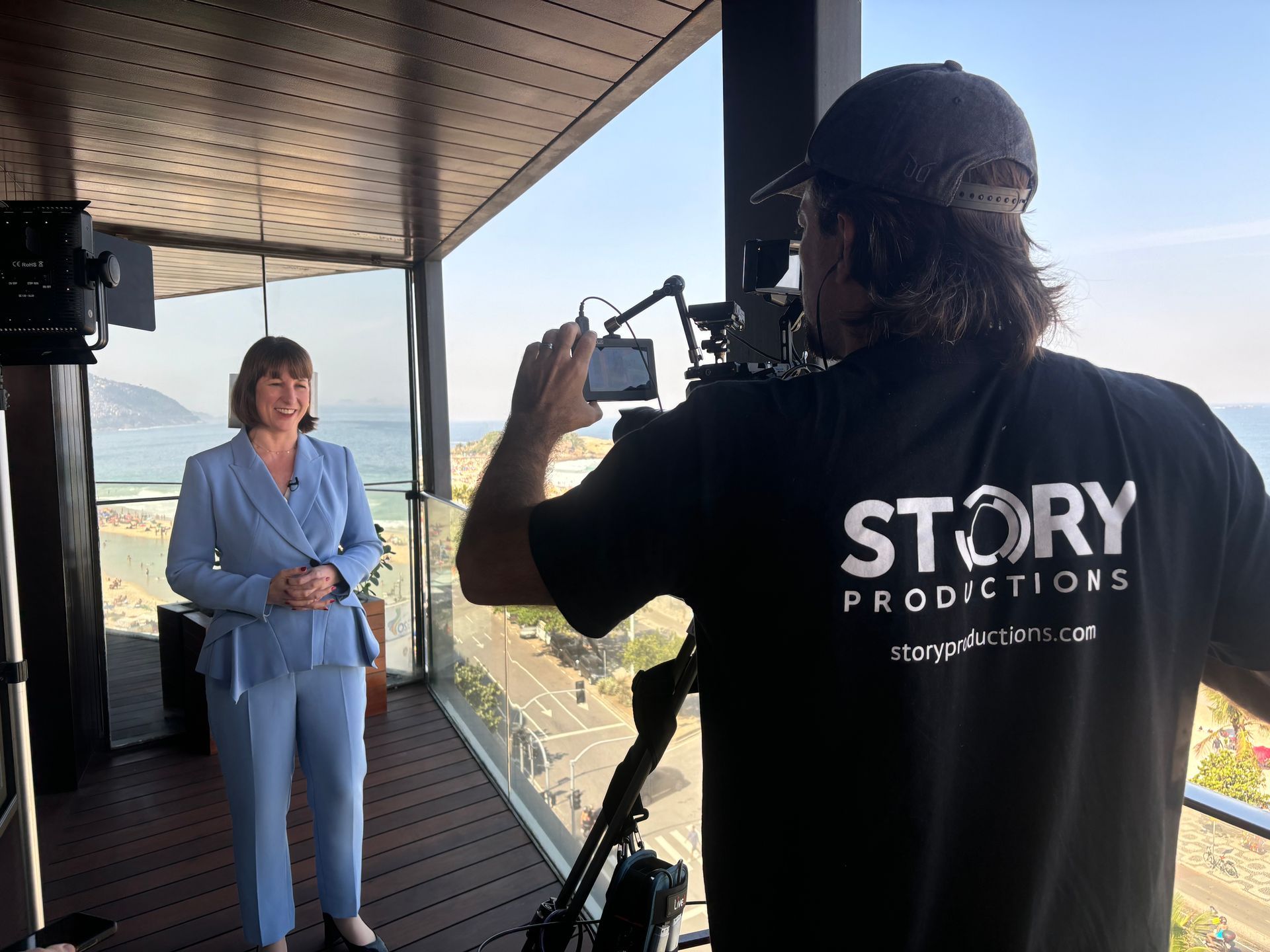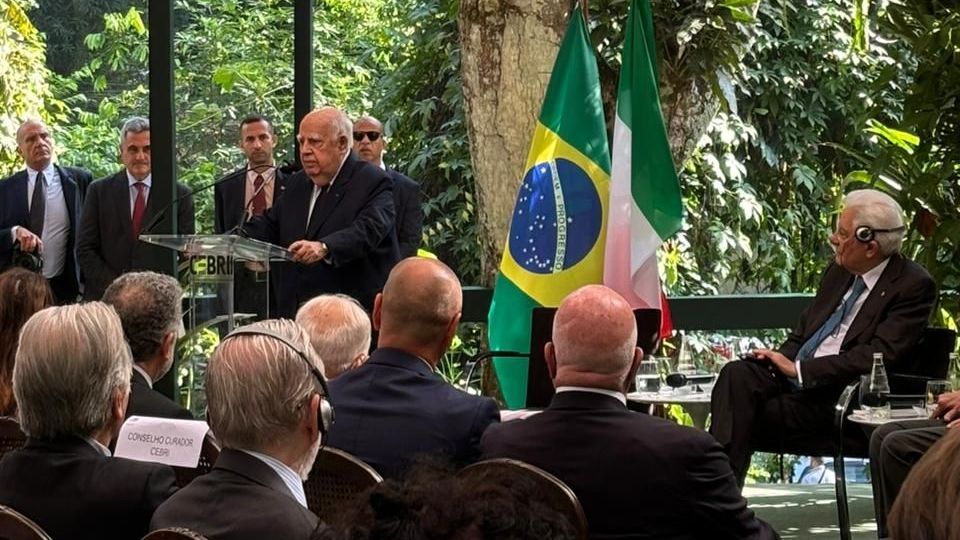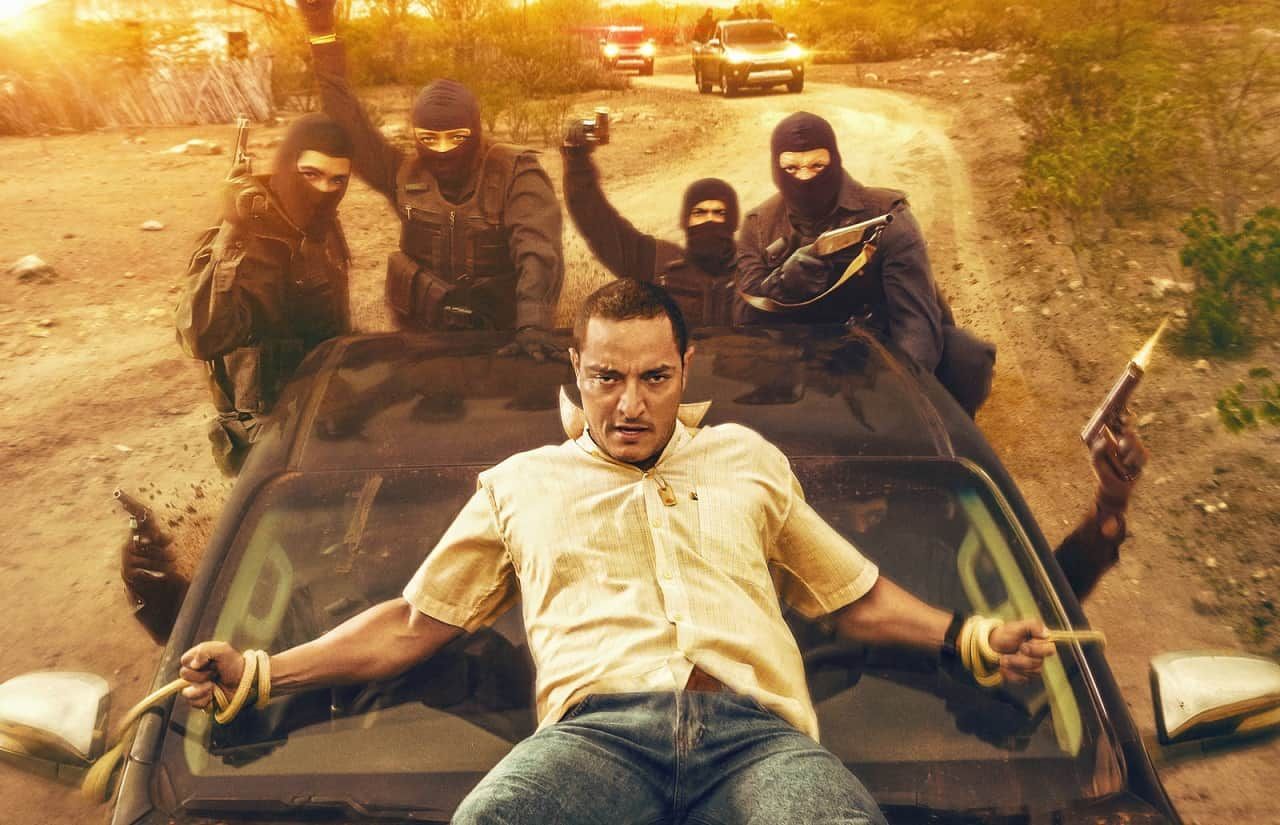The importance of casting and the role of the casting director
At Story productions we receive plenty of requests for casting - street casting, documentaries and feature films. When preparing any audiovisual project we are always casting for actors, for crew, for the team. So let's take a deep plunge in this key department by interviewing our star Casting director at the company.
Casting is a critical component in the creation of films, television shows, and advertisements. It involves selecting the right actors to bring characters to life, ensuring that the final product resonates with audiences.
The casting producer plays a pivotal role in this process, balancing artistic vision with practical considerations. They analyze various factors, including the client's requirements, project type, budget, director's expectations, and filming location. This interview with Eduardo Pradella, Story's casting producer, sheds light on the intricacies of casting and the nuanced approach required to excel in this profession.
Nick Story: What factors do you consider when selecting actors for a project?
Eduardo Pradella: There are many factors to consider. It’s a comprehensive analysis to understand who the client is, where the project will be shown, the genre (comedy, drama, reality, etc.), and whether or not it’s a commercial. The budget, the director’s demands, and the filming location are crucial. Filming in Rio is different from filming in São Paulo or the countryside, and the infrastructure for the actor matters a lot. I negotiate the fee, working conditions, and infrastructure to ensure the actor can perform well. I also analyze subjective factors, like the comfort of the accommodation, to persuade the actor to join the project.
Nick: Have you worked with casting in other countries? Is there an advantage to working with Brazilian actors?
Eduardo: Yes, I’ve worked extensively with Portuguese actors and artists from other Latin American countries. Brazilian actors are increasingly preparing themselves for international opportunities. Productions like Sony’s "Rio Connection" and "Passport to Freedom" are examples where Brazilian actors perform in English. The international interest in Brazilian talent is partly due to favorable exchange rates and the high level of expertise in Brazil. Work rules in Brazil are more flexible compared to American and European standards, making it advantageous for international productions.
Nick: How does the type of project affect your casting decisions?
Eduardo: It varies greatly. In fiction or drama, the focus is on the actor’s ability to convey the character’s emotions. For corporate videos or commercials, the aesthetic and vocal delivery are more important. In music videos, it’s often about the actor’s physical performance. For reality shows, it depends on the specific format—whether it’s about expertise, lifestyle, or social interactions. The actor’s social media following and ability to engage audiences also play a role. Each project type requires a tailored approach to casting.
Nick: What is the relationship between casting directors and agents?
Eduardo: It depends on the project. Sometimes, the production negotiates directly with agents. In international projects, the agent is heavily involved in the contract details, which include work conditions, remuneration, and intellectual property rights. In Brazil, agents typically do not participate in contract negotiations, which are handled directly by the artist or their lawyer. My role can vary from managing these negotiations to focusing solely on finding the right talent.
Nick: What do you need to make a good casting decision?
Eduardo: A clear reference or conversation with the director is crucial to understanding their vision. I need to know the style, the kind of performance they expect, and any specific inspirations they have. I also read the entire script to grasp the story and characters fully. This helps me find the right actors to meet the project's artistic and practical needs. So casting is a multifaceted process that requires a deep understanding of the project, the director’s vision, and the actors' capabilities. The casting producer's expertise lies in balancing these elements to assemble a cast that can bring the story to life while navigating practical constraints and opportunities.
Nick: What are the main priorities when scheduling actors for a shoot?
Eduardo: Prioritizing the schedule can be quite challenging. Sometimes, you have to work around unique situations, like when a specific animal, like a camel, is only available on certain days because the circus is in town, therefore the actor must be available on those days. In such cases, the casting needs to be adjusted to accommodate these limitations. The director might consider if a horse could replace the camel, or if other casting adjustments are needed.
Nick: How is the scheduling of actors typically managed?
Eduardo: It’s usually handled by the casting director in collaboration with the assistant director or production manager who is responsible for the shooting schedule. When negotiating with actors, all potential conflicts are laid out upfront. For instance, an actor might have personal commitments like a medical appointment, a family event, or another show. These details are discussed early on to determine if the actor can commit to the production schedule.
Nick: What are the different types of casting you handle?
Eduardo: We deal with various types of casting including fiction (movies, series, miniseries), reality shows, and commercials. Fiction casting requires actors who fit specific roles in films and series. Reality shows and entertainment programs focus more on spontaneity and personality rather than acting talent. Commercial casting includes advertisements and corporate films, which can range from simple training videos to more complex promotional content.
Nick: What is "street cast" or "real life" casting?
Eduardo: Street cast involves finding non-actors who fit a specific type or look for a role. This could be for commercials or documentaries where the aim is to have authentic, relatable individuals rather than trained actors.
Nick: How do you approach casting for documentaries?
Eduardo: Documentary casting often involves finding real people with specific stories, like a survivor of an event or someone with a unique life experience. This process is known as casting research, where the focus is on finding genuine individuals who can authentically represent the story being told.
Nick: Can you explain the roles of casting director and casting producer?
Eduardo: Essentially, they are the same. The industry agreed to standardize the title as casting director, but I often use both terms interchangeably.
Nick: What are the key responsibilities of a casting director?
Eduardo: The casting director is involved in every aspect of casting, from scheduling auditions and conducting tests to finalizing the cast. However, they typically do not oversee the actors on set unless there are specific issues that need addressing. This role involves a lot of trust in the team managing the set.
Nick: What challenges have you faced with casting indigenous actors?
Eduardo: One major challenge is finding actors with genuine indigenous ancestry. Productions increasingly require authentic representation, which means casting real indigenous people rather than actors who merely look the part.
Nick: How did you start your career in casting?
Eduardo: My interest in casting started in childhood. I was always fascinated by television and had my first experience in casting while working on a project during college. Over the years, I worked on numerous soap operas and developed a deep passion for the industry.
Nick: What should clients consider when choosing a casting company?
Eduardo: Clients should look for transparency, honesty, and professionalism. A good casting company should be passionate about every project, regardless of its size or prestige, and approach each one with the same level of enthusiasm and dedication.
Nick: What makes Brazilian actors unique for international productions?
Eduardo: Brazilian actors are incredibly versatile due to the country’s diverse population. This diversity allows them to authentically portray a wide range of characters from different cultural backgrounds, which is a significant advantage in international productions.
Nick: What limitations does the Brazilian casting industry face?
Eduardo: One major limitation is the concentration of production in São Paulo, which can limit the diversity of available talent. Additionally, language barriers can be a challenge when casting for roles that require fluency in languages other than Portuguese.
Nick: Can you provide an example of a challenging casting project you worked on?
Eduardo: One particularly challenging project was casting for a Korean film that required indigenous actors who spoke English. This was extremely difficult, but we managed to find suitable actors. The project highlighted the complexities of cross-cultural casting and the importance of thorough research and persistence.
Story Productions is well-equipped to assist with any type of casting for all kinds of productions. Whether you're working on a film, television series, commercial, or any other media project, our team has the expertise and resources to find the perfect talent to bring your vision to life. Let us handle the casting process, so you can focus on creating outstanding content.
Share this story:
Get the latest news straight into your inbox!
Contact Us
Read another story
